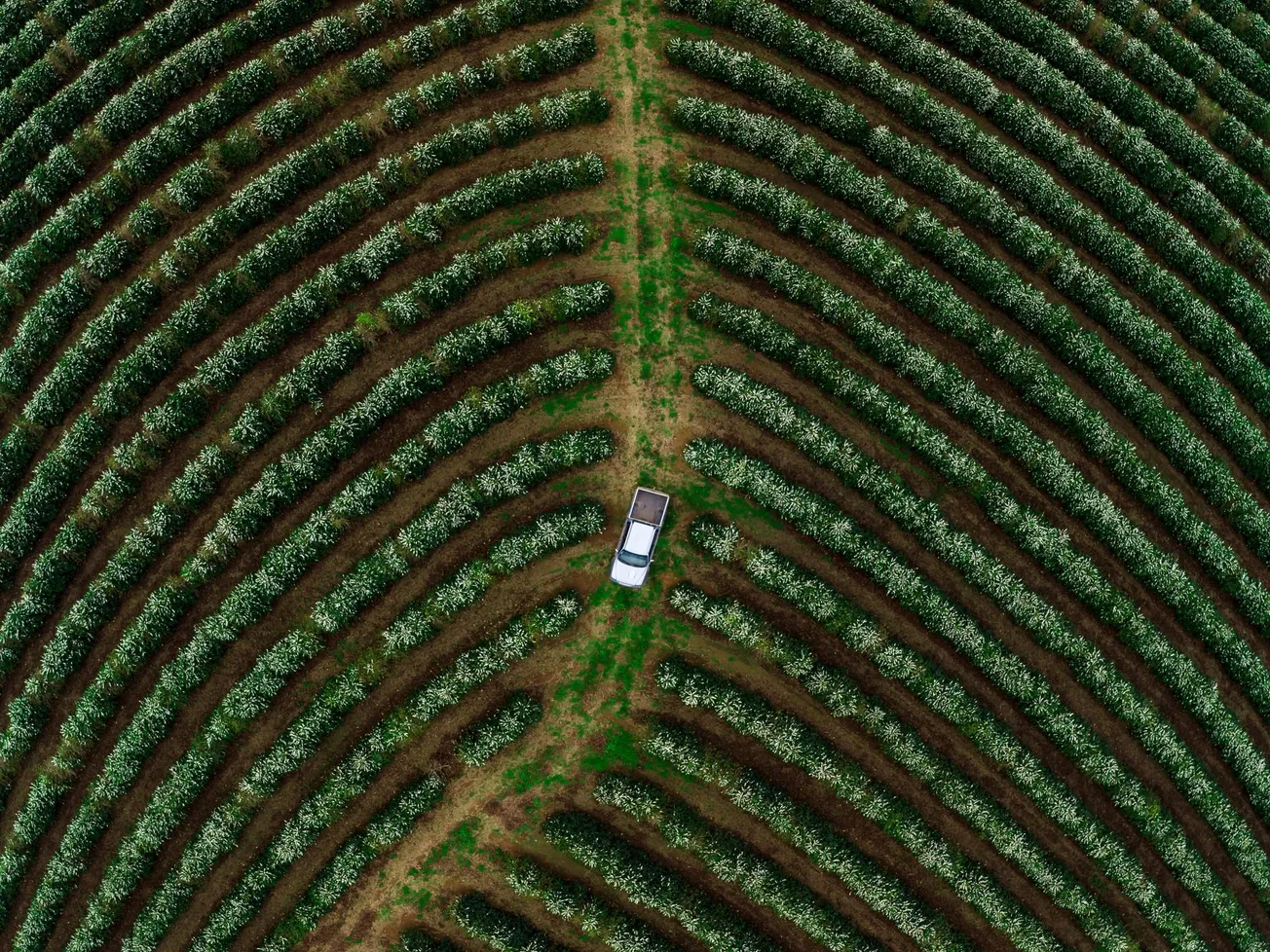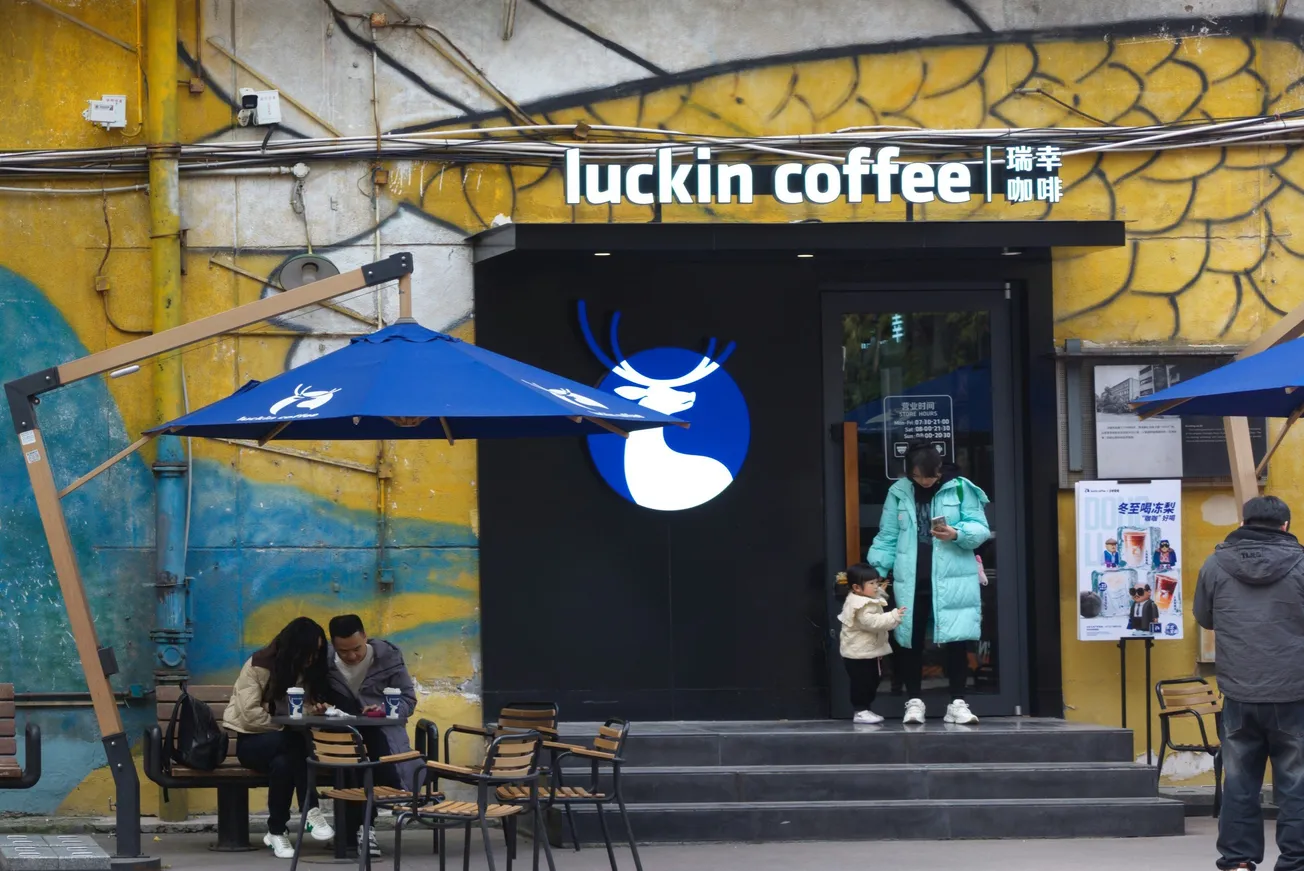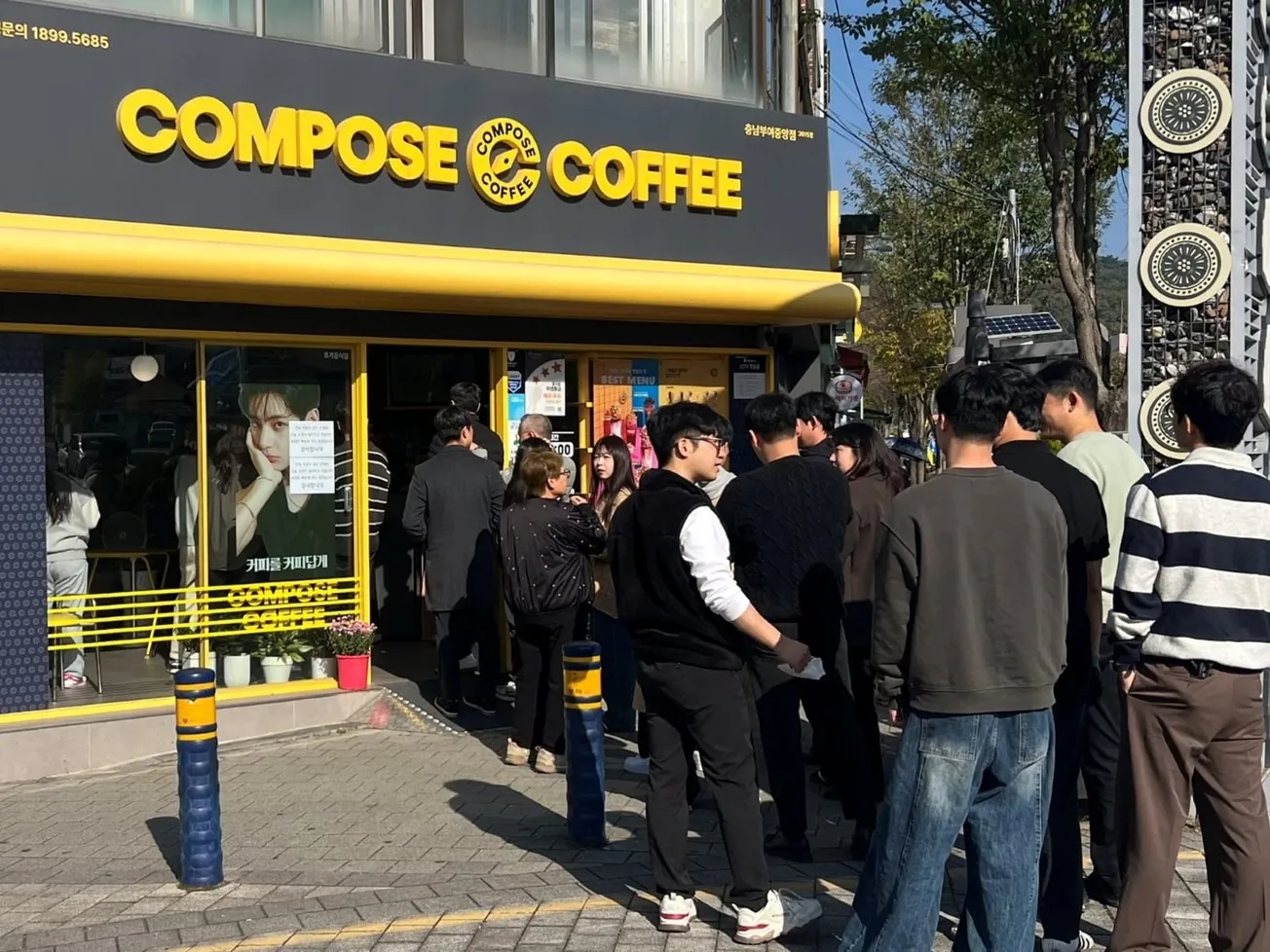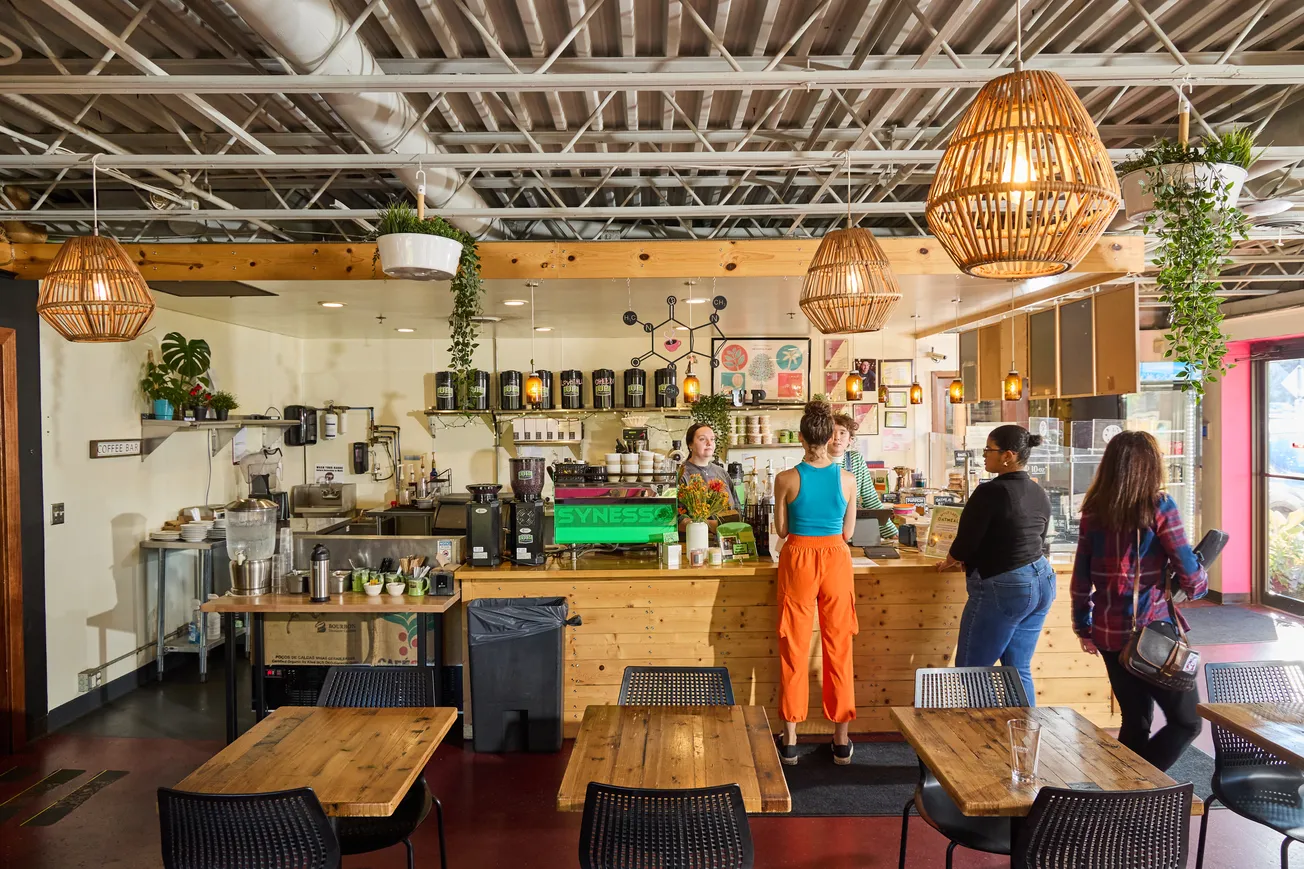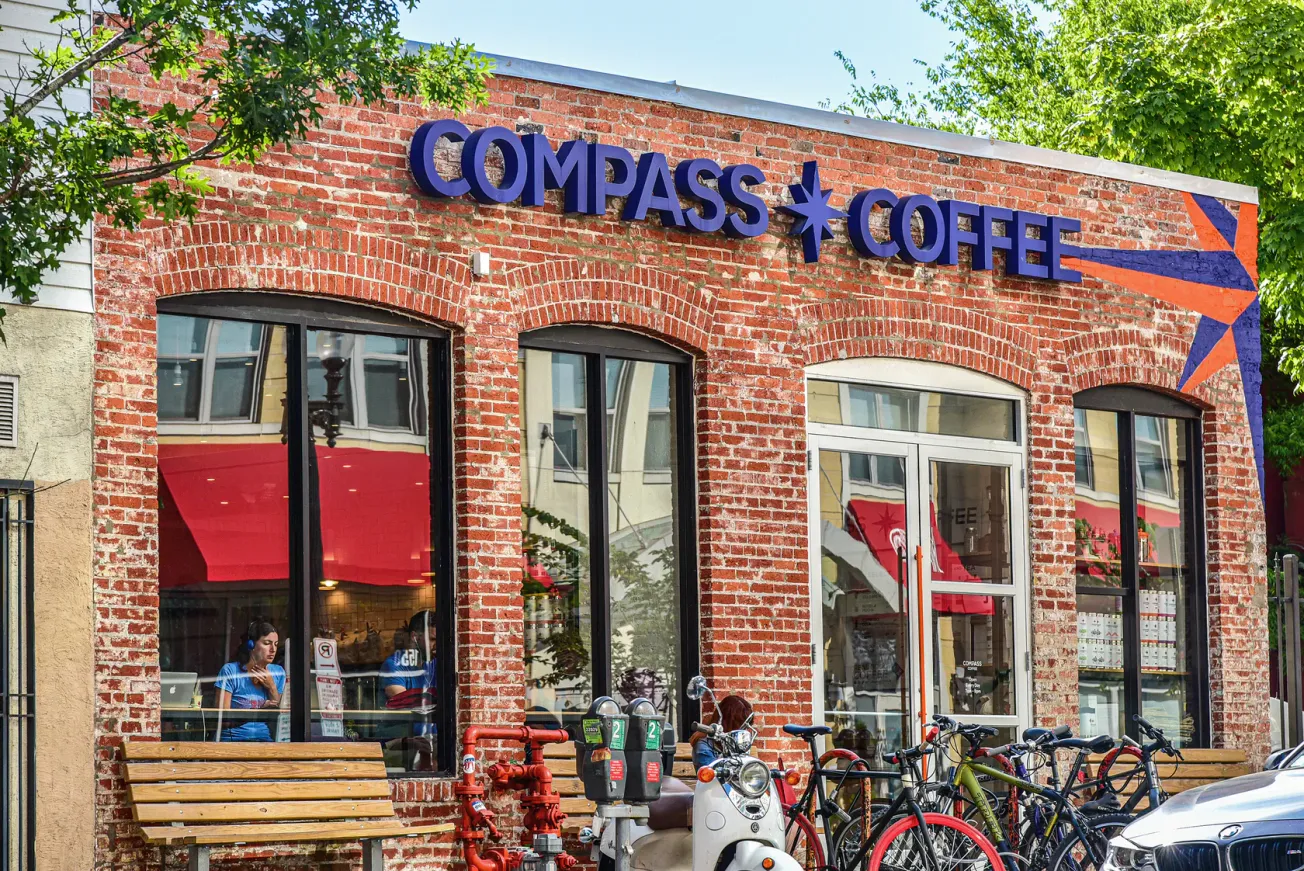First announced in 2022, EU Deforestation-free Regulation (EUDR) has proved highly controversial in the coffee industry. Advocates say the landmark legislation is vital to protect the world’s forests from commodity-linked deforestation, while critics argue the rules could have unintended negative consequences for some of the world’s poorest farmers. Deniz Karaman spoke with leading coffee businesses from across the debate to find out if EUDR can work for supply chain stakeholders and the planet
According to the UN, an estimated 420 million hectares of forests have been lost to deforestation globally since 1990. To put this into perspective, on average of 13 million hectares – an area equivalent to the size of England – is cut down every year.
Most deforestation is driven by rising demand for key commodities, including palm oil, cattle, soy, cocoa, timber, rubber – and coffee. As Europe’s demand for caffeine grows, so does pressure on farmers to clear forests. A 2024 report published by the French government highlighted that as the world’s largest importer of coffee, the EU is responsible for 44% of coffee-related deforestation.
Unlock Allegra intelligence for just £1
Already have an account? Sign In


